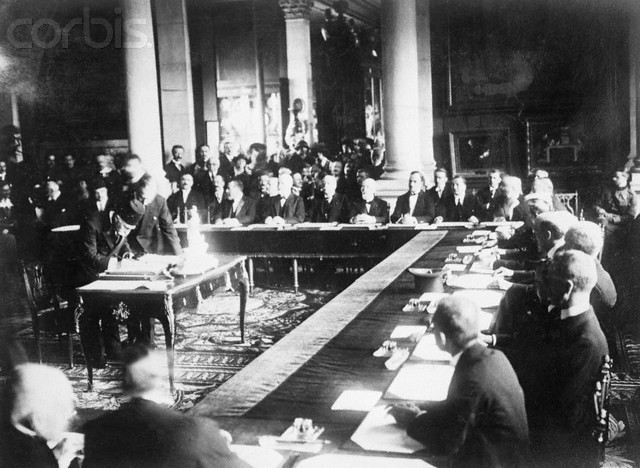Luigi Cadorna is rightly regarded as one of the worst military strategists of WW1.
The strategy he implemented was to never give up in the face of adversity, no matter the consequences. Ignore whether the force you commanded could actually execute the strategy you settled on, or whether any army that ever existed could actually execute it.
This is why there were 11 offensives on the Isonzo river over the course of 3 years. Only one of which came anywhere near any metric of success and even that one couldn't have resulted in the breakout planned. Then, when the men under his command failed to execute an impossible strategy, he started executing them.
But what if the Italians tried a more intelligent approach that integrated better with Allied grand strategy?
I get that politically, Italy probably needed to try to occupy Istria and Trentino, but instead of launching 3-4 futile offensives a year, why not just 1 or 2 while sending an expeditionary corps to a different theater?
Italy probably wouldn't be able to organize anything substantial until 1916, but they should be able to operate in the med fairly freely.
They had just defeated the Turks in 1912 and even had a base to operate out of Rhodes. Could they have conducted an operation in support of Galipoli? Maybe send a corps to the sinai/palestine front?
If increased pressure on the Turks opens a supply route to Russia is the history of the war changed?
There must be good reasons this wasn't done. Surely there's gotta be more to it than the Cadorna-virus.
The strategy he implemented was to never give up in the face of adversity, no matter the consequences. Ignore whether the force you commanded could actually execute the strategy you settled on, or whether any army that ever existed could actually execute it.
This is why there were 11 offensives on the Isonzo river over the course of 3 years. Only one of which came anywhere near any metric of success and even that one couldn't have resulted in the breakout planned. Then, when the men under his command failed to execute an impossible strategy, he started executing them.
But what if the Italians tried a more intelligent approach that integrated better with Allied grand strategy?
I get that politically, Italy probably needed to try to occupy Istria and Trentino, but instead of launching 3-4 futile offensives a year, why not just 1 or 2 while sending an expeditionary corps to a different theater?
Italy probably wouldn't be able to organize anything substantial until 1916, but they should be able to operate in the med fairly freely.
They had just defeated the Turks in 1912 and even had a base to operate out of Rhodes. Could they have conducted an operation in support of Galipoli? Maybe send a corps to the sinai/palestine front?
If increased pressure on the Turks opens a supply route to Russia is the history of the war changed?
There must be good reasons this wasn't done. Surely there's gotta be more to it than the Cadorna-virus.


